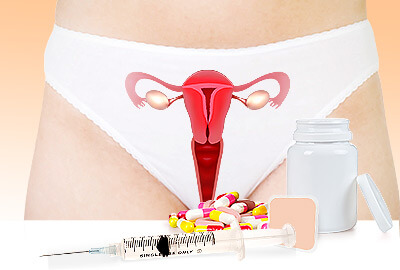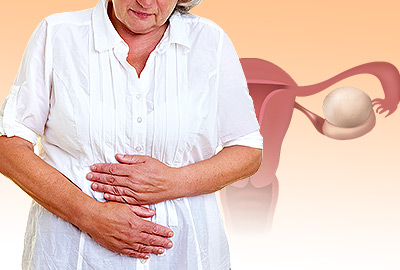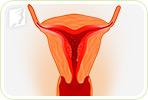The risk of developing cancer can increase after menopause. Lifestyle choices can be a strong contributing factor. Making lifestyle changes are essential in preventing postmenopausal cancer.
Many stories appear in the media about products, foods, or habits that will cause or cure cancer, and these scare tactics can often give conflicting information about the disease. One story might suggest that a glass of wine a day will prevent cancer, whereas another might suggest that it will cause cancer.
It can be nightmare trying to decide which advice to follow, but genuine and trustworthy advice is out there. Read on for a list of ways to prevent cancer during postmenopause.
Stop Smoking
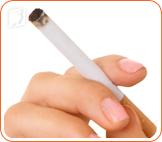
A major cause of postmenopausal cancer is smoking. Some women take up smoking during perimenopause and menopause to help deal with anxiety and mood swings. However, when the symptoms of these disorders disappear, the addiction remains and it can be very difficult to shake the habit. Cutting back on smoking, however, is highly recommended if you want to prevent cancer in your postmenopausal years. Quitting smoking can often be difficult to do alone, but there are support groups available to help motivate you to ditch the cigarettes.
Avoid Pollution
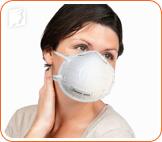
Living a healthy lifestyle is the best way to prevent cancer at any age, but it is not necessarily a guarantee. As well as the genetic factor in developing postmenopausal cancer, there are certain environmental factors that may increase the risk of developing the disease. One of these is breathing in polluted air. If you live in a smoggy city or near a polluted area, consider wearing a mask, which can help filter out carcinogens and lower your risk of developing cancer.
Exercise

A great way to prevent cancer during postmenopause is to keep to a regular exercise regime. Exercise can help to prevent postmenopausal cancer by keeping your body fit and healthy, in turn boosting blood flow and improving the immune system. Although exercise can seem grueling at times, 30 minutes of exercise five times a week is all it takes to significantly reduce your risk of cancer.
Click in the following link to learn more about postmenopause causes.
Sources
- BMJ Group. "Menopause: What is it?" Patient Leaflet. 2007.
- Hopkins, Virginia. Lee, John R. M.D. What Your Doctor May Not Tell You About
- Love, Susan M.D. Menopause and Hormone Book. New York: Three Rivers Press, 2003.
- Martin, Raquel. The Estrogen Alternative. Rochester, VT: Healing Arts Press, 2000.
- Menopause. New York: Warner Books Inc., 1996.

